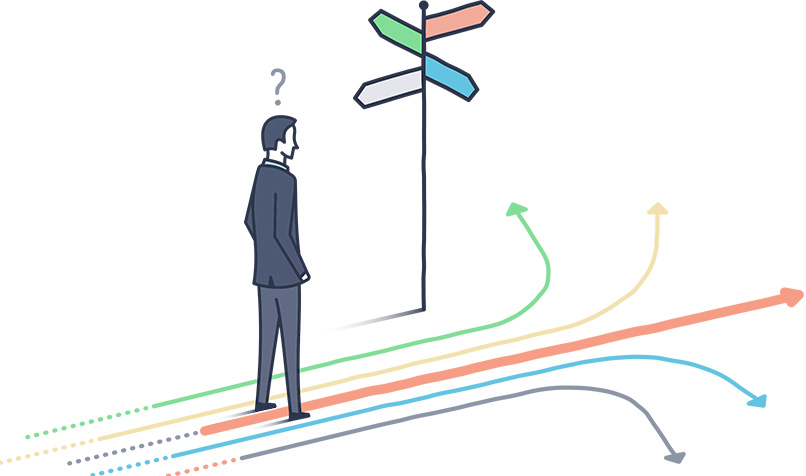BEHAVIOURAL ECONOMICS
By Rishi Shah
Behavioural Economics has been an increasing popular form of economics, that studies the interaction between humans and decision making. It explores why humans do no always make the most rational decision to maximise their “utility”. This field has been studied in depth by three famous economists, Robert Shiller, Richard Thaler and Daniel Kahneman. They all went on to win the Sveriges Riksbank Prize in Economic Sciences in Memory of Alfred Nobel, more commonly known as the Nobel Memorial Prize in Economic Sciences.
The potential ramifications of really understanding the psychology of decision making are endless. It can be used as a form of “libertarian paternalism” to change the decisions people make, and also it is very effective as a way to increase sales for a firm. In the book Nudge, by Richard Thaler and Cass Sunstein, they explore how people called “choice architects” have the responsibility of organising the context in which people make decisions. As there is no such thing as a neutral design, whatever the situation, the setting will influence the decision. This belief led onto the view that although society should be free from government control and shouldn’t descend into totalitarianism (as Hayek warned). There is the idea of libertarian paternalism: the paradox that people should be free to do what they like and policies should strive to maintain or increase freedom of choice however, it is legitimate for choice architects to influence people’s behaviour to make their lives better and healthier.
Behavioural economics also studies the reasons for humans not making the optimal decision. One idea is bounded rationality. This is where people lack necessary information to make the best decision. Hence choice architects can manipulate a person’s surroundings to lead them to a better decision. There is also the theoretical notion of homo economicus (the economic man) which explores the fact that each of us could think and choose unfailingly well.
Behavioural Economics is practise:
For credit cards or cell phones that have a complex pricing scheme, the use of government regulation by mandating prices that are easier to compare and freedom of information there will be better results.
It can correct the tragedy of the commons such that by consuming and polluting more you don’t increase the cost you pay. Behavioural economics shows that to reduce energy wasted you can make energy more “visible”. Energy is inherently invisible, so people do not know when they are using a lot of it. By giving feedback on energy used or a local ranking people will automatically reduce consumption. Showing people how much energy, they are consuming compared with their neighbours can reduce energy use. When firms put a “smiley face” on the bills of those consuming less than the average and a sad face on those consuming more overall the trend in energy consumption will fall.
People often make rash decision they later regret; by having a civility check where the programme checks message for rude content and if there you have to wait 24 hours before sending it so you can’t say it in the heat of the moment.
However, we must also acknowledge the flaws in behavioural economics. After all, it focuses on changing behaviours. This may not be effective on a global scale. It is fickle to think that simple nudges could prevent climate change and ameliorate the pollution levels in the UK. The level of pollution that occurs, and the greed of human nature, means that nudges will not help. Actually, a command and control regulation necessary. In areas like India and China, or even certain UK industries, strict laws and caps on energy usage are needed.
Overall, behavioural economics can affect every aspect of our lives. The one that resounded most with me is “opt-out” schemes for organ donations. The problem of people dying while waiting for a transplant is very real. Simply by changing opt-in schemes, which have participation rates of around 60 per cent, to otherwise identical opt-out scheme it retains between 90 and 95 per cent of people.
